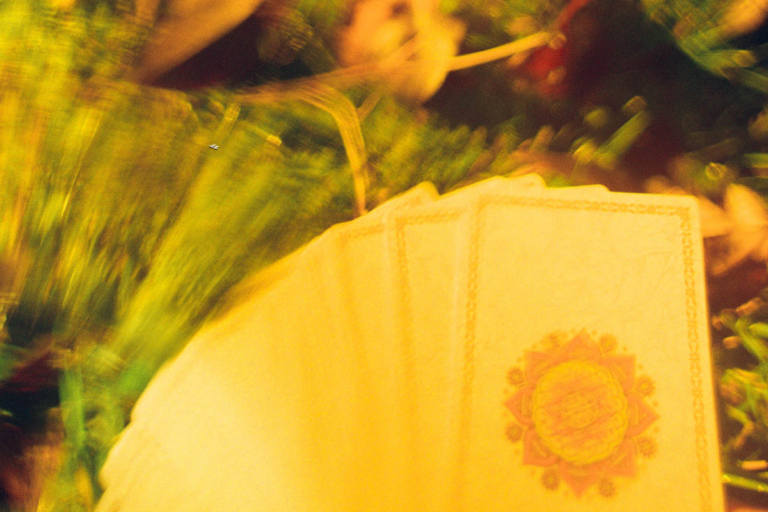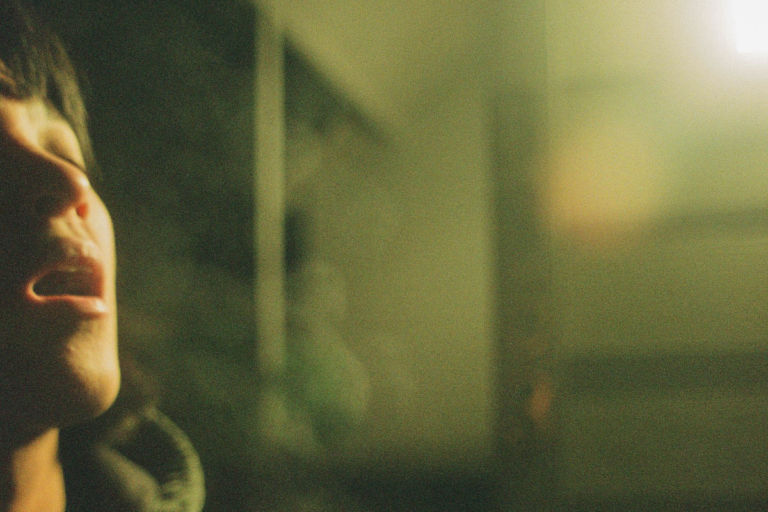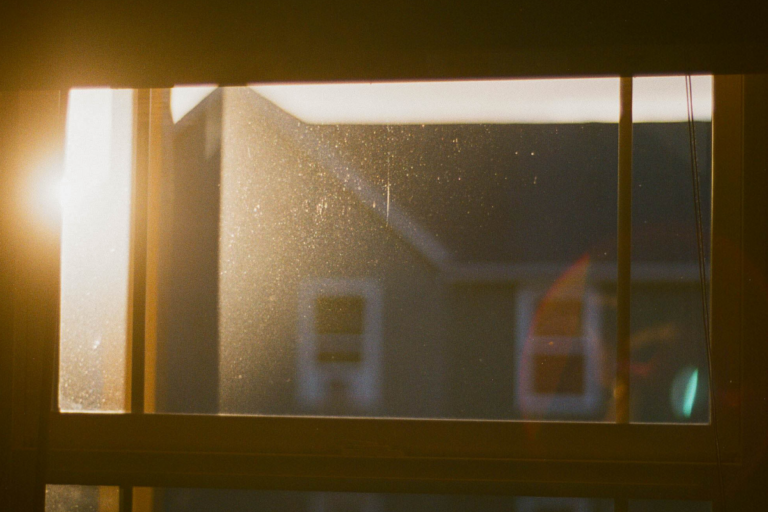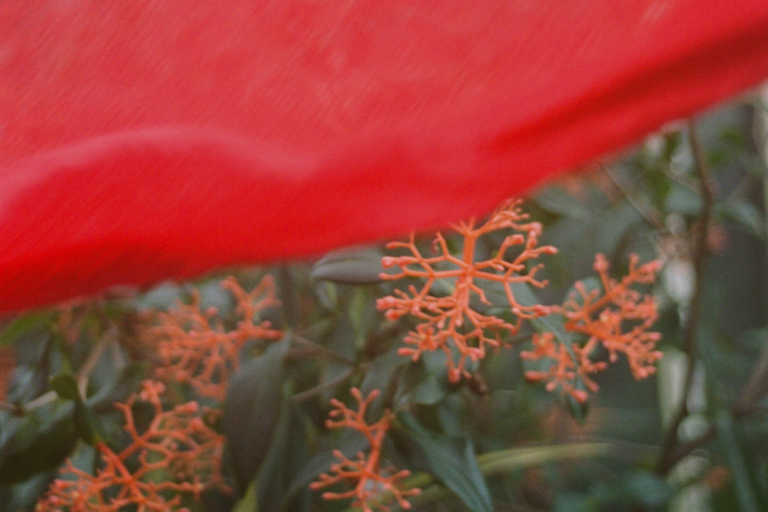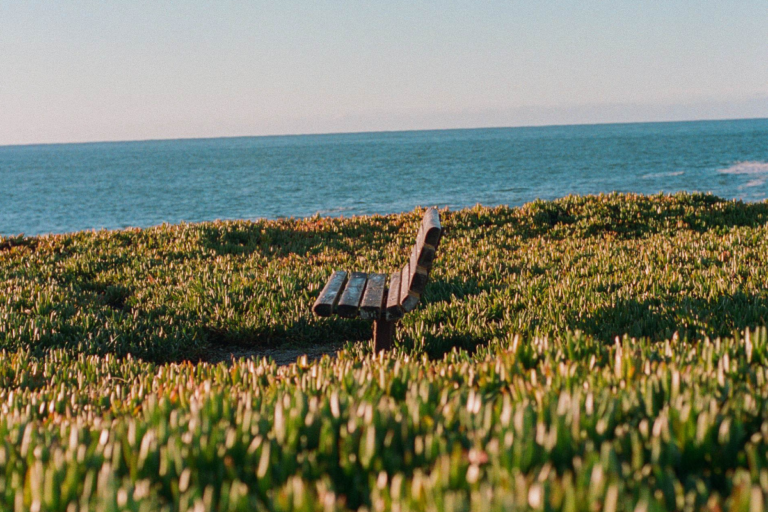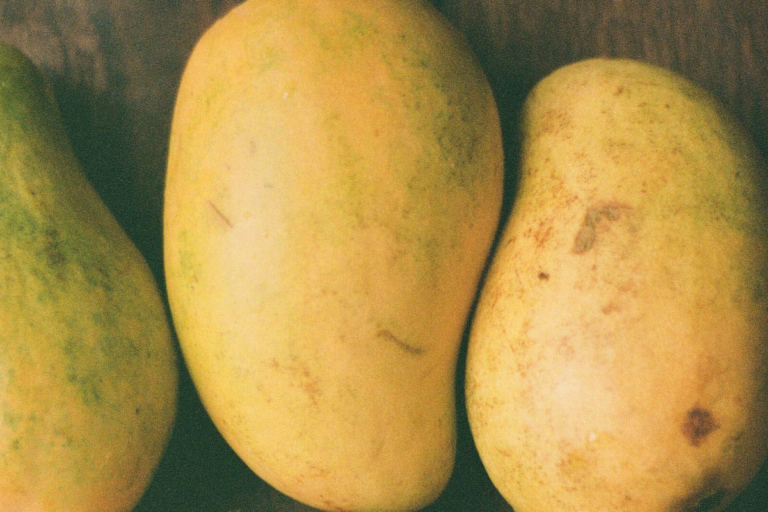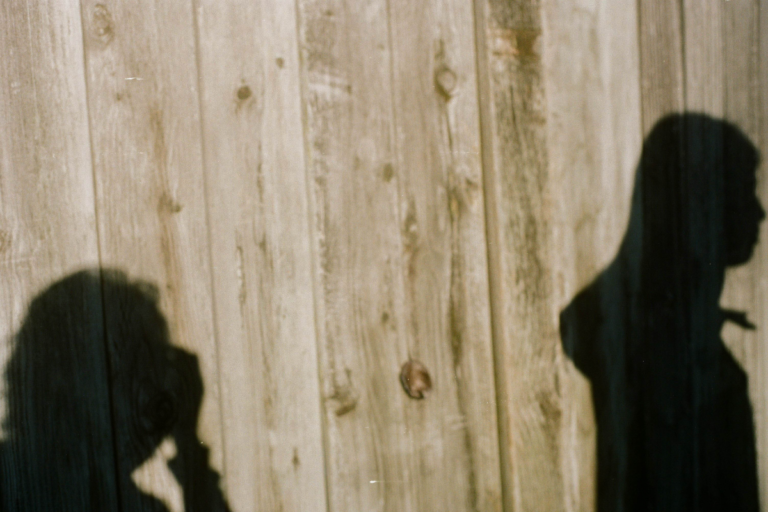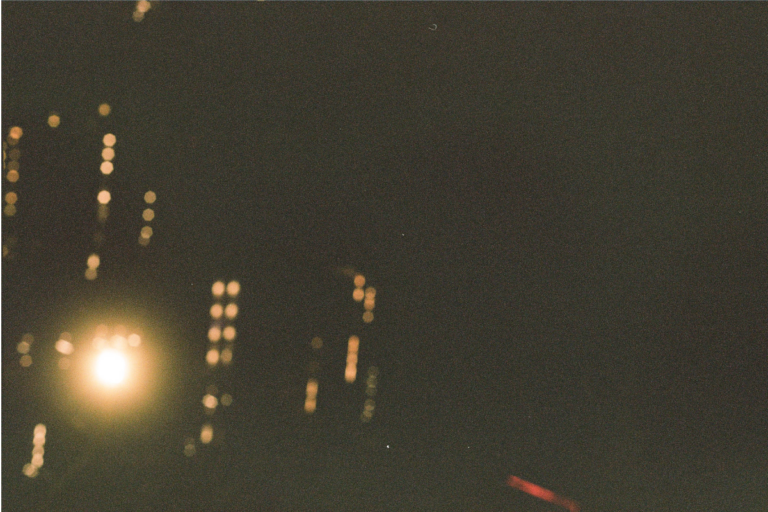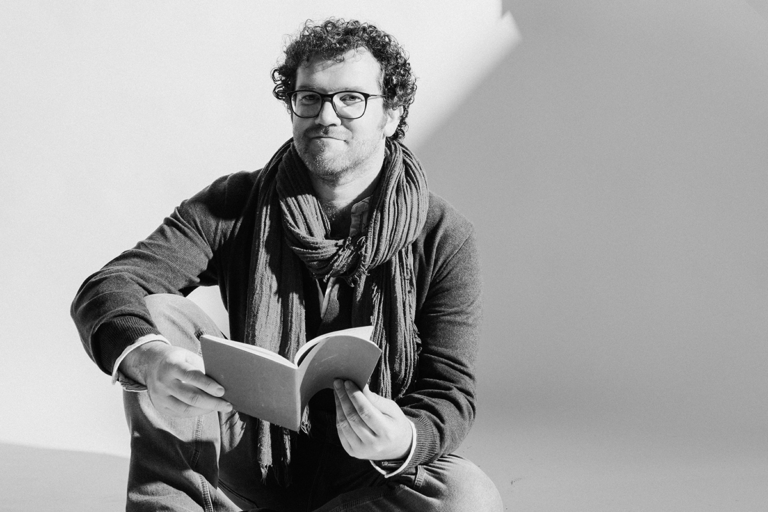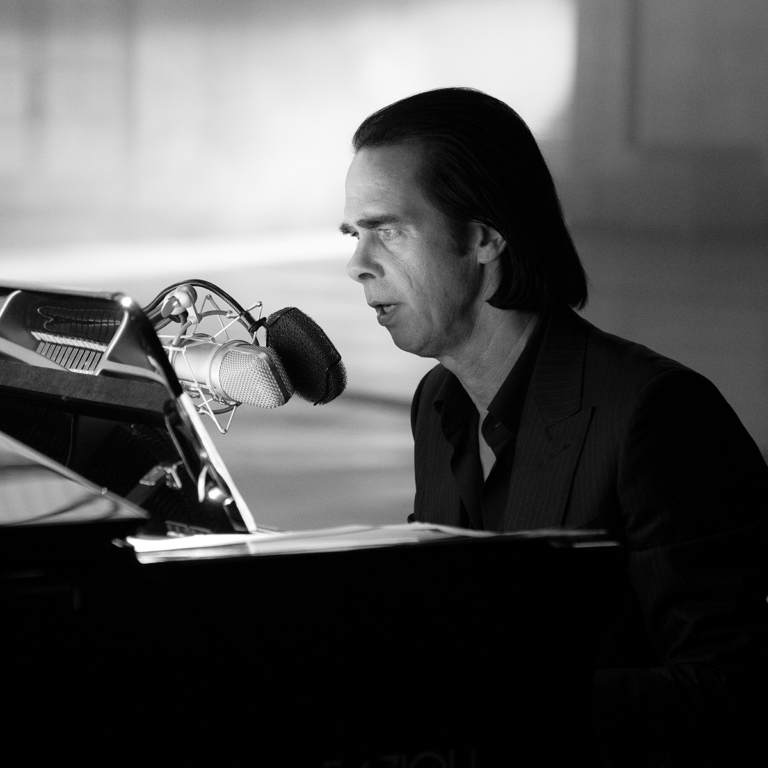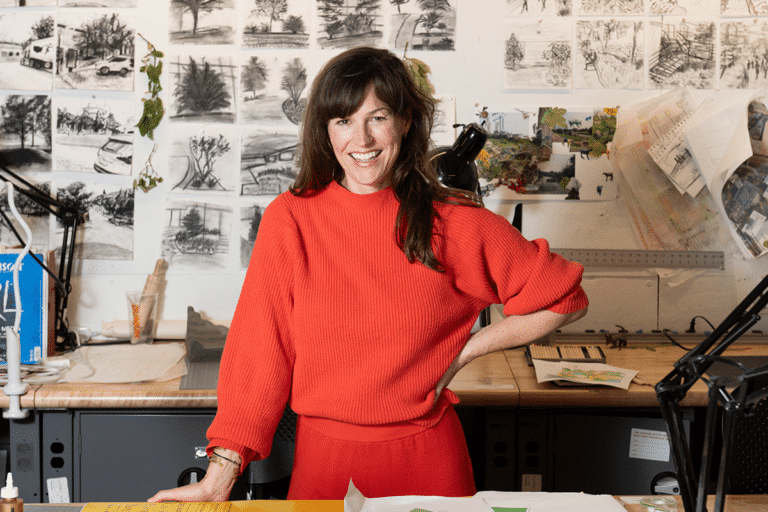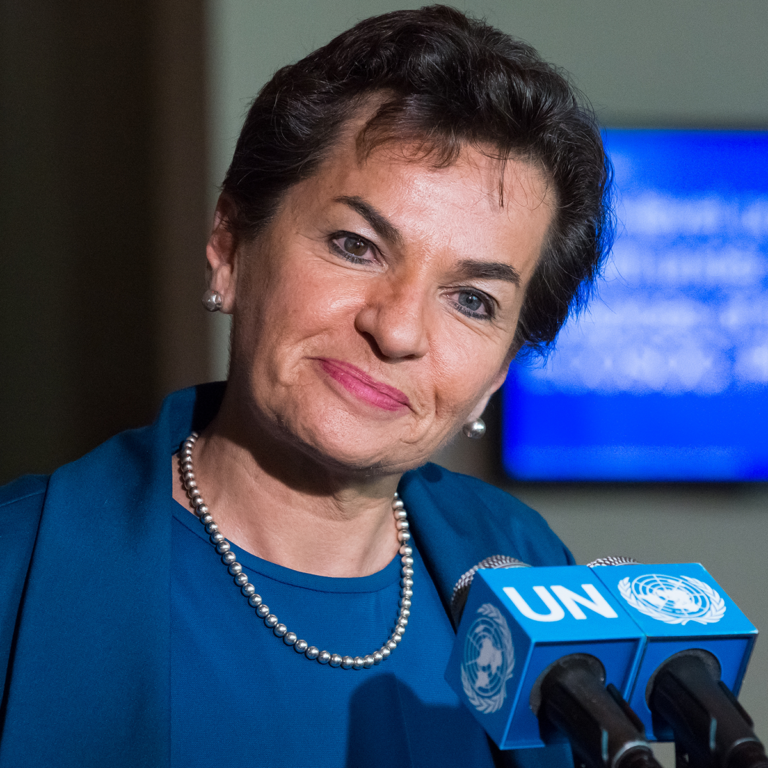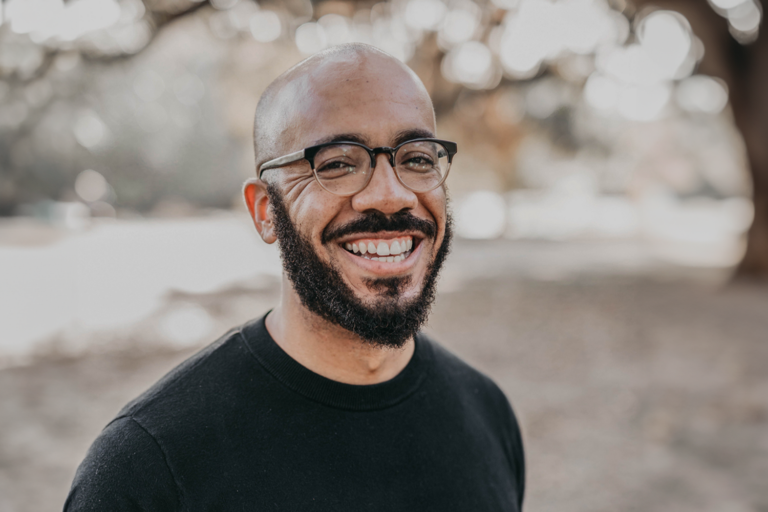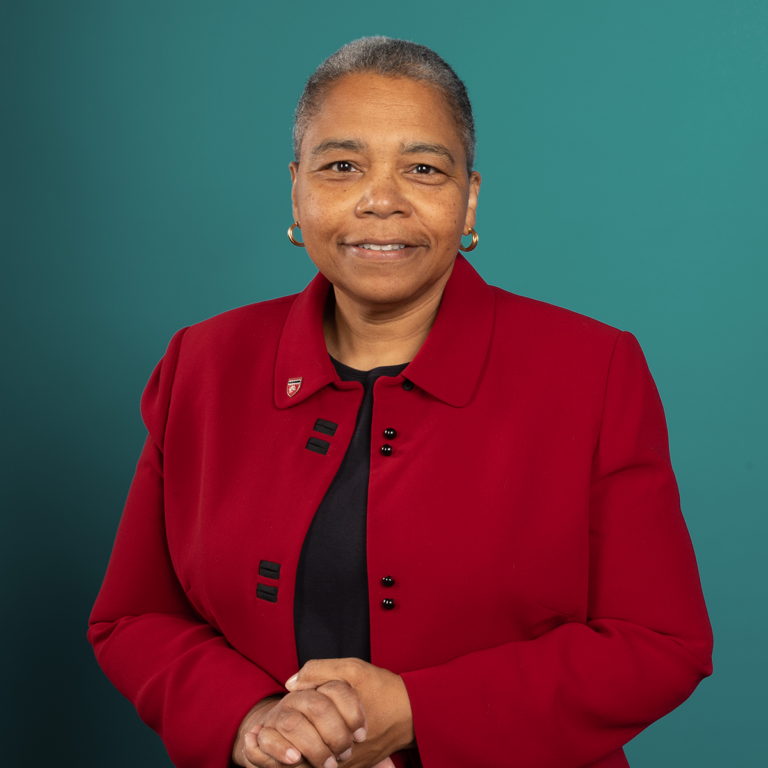You may not know Latanya Sweeney’s name, but as much as any other single person — and with good humor and grace as well as brilliance — she has led on the frontier of our gradual understanding of how far from anonymous you and I are in almost any database we inhabit, and how far from neutral all the algorithms by which we increasingly navigate our lives.
In this conversation with Krista, she brings a helpful big-picture view to our lives with technology, seeing how far we’ve come — and not — since the advent of the internet, and setting that in the context of history both industrial and digital. She insists that we don’t have to accept the harms of digital technology in order to reap its benefits — and she sees very clearly the work that will take. From where she sits, the new generative AI is in equal measure an exciting and alarming evolution. And she shares with us the questions she is asking, and how she and her students and the emerging field of Public Interest Technology might help us all make sense.
This is the second in what will be an ongoing occasional On Being episode to delve into and accompany our lives with this new technological revolution — training clear eyes on downsides and dangers while cultivating an attention to how we might elevate the new frontier of AI — and how, in fact, it might invite us more deeply into our humanity.




